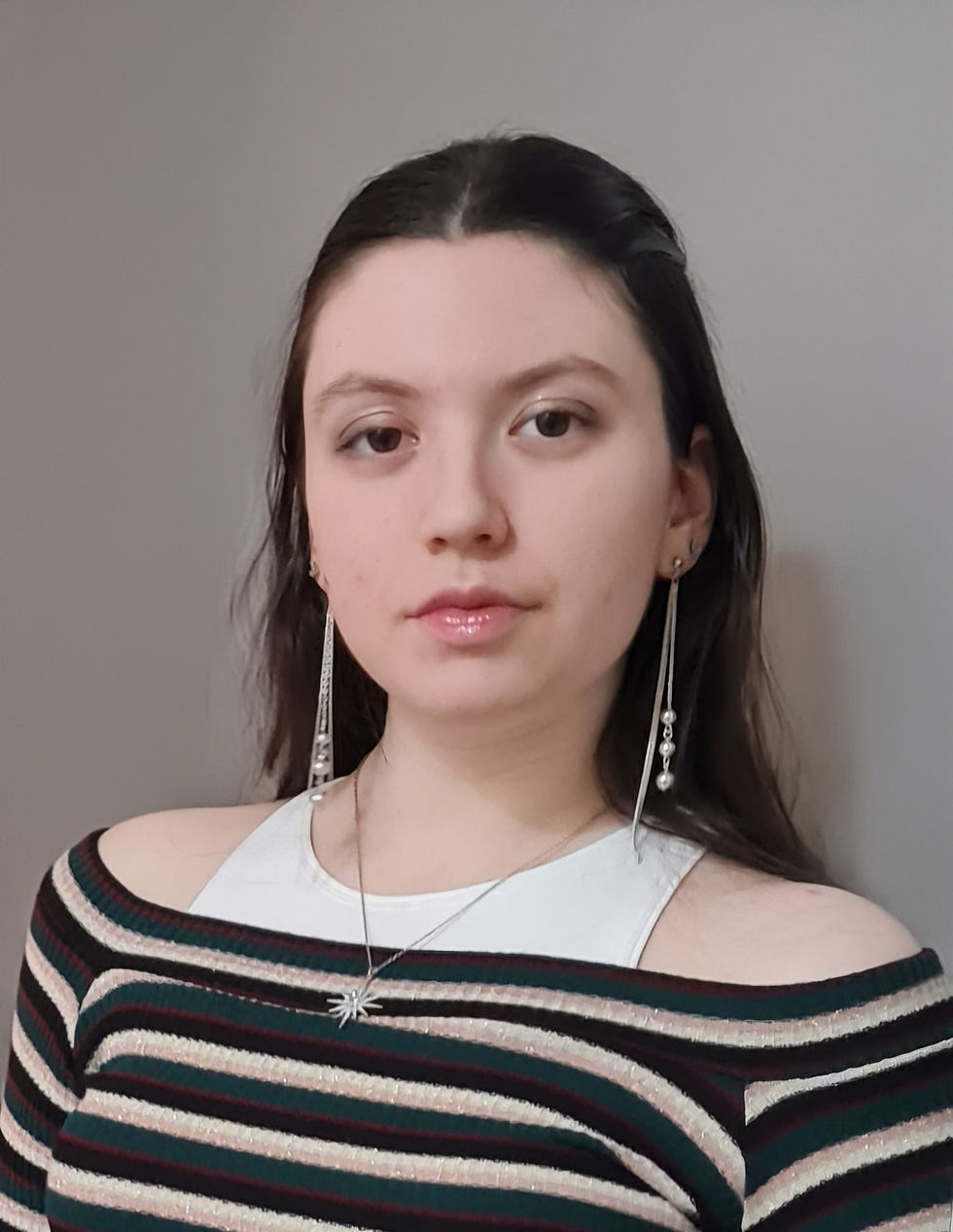Rising Star Recognition - "Multiculturalism in My Country"
- Admin

- Nov 21, 2025
- 2 min read
Last week, eight international teams of high school representatives from around the world participated in the Buddies Without Borders Online Forum. They began the collaborative competition of creating proposals to encourage Multiculturalism for the Common Good by first recognizing how multiculturalism affects their own community's past, present, and future.
This warm-up exercise helps participants learn to articulate their points of view, cite credible evidence correctly, and respond effectively to their peers' research. We are impressed by the level of critical thinking and academic skills demonstrated by all the participants (click here for Team List).
One student emerged as the Rising Star, someone to watch for in this Forum: Zaineb Zouaoui from the Gems International School in the UAE. She shared her thoughts on Tunisia, the country of her origin. Below is an excerpt of her inquiry on the government's role in multiculturalism:
"Historically, Carthage’s strategic location made it central to trade networks. Allowing for the blending of cultural identities and ideas. A legacy still visible today in Tunisia’s language, cuisine, music, and traditions. However, its democratic transition both enables and challenges multiculturalism....

Today, Tunisia is made up of a general homogeneous ethnic make-up, however this does not justify running the risk of ultimately erasing the existence of these minorities. (Minority rights, Nov. 2018,). In terms of religion, many sources cite figures suggesting that between 98 and 99 per cent of Tunisians are Sunni Muslim, there is a striking lack of recognition towards other religions; Christianity and Judaism. (Central Intelligence Agency, 1 Oct. 2025)
As we have succumbed to being an Arab-Muslim nation. Multiculturalism is rarely integrated into education, leaving children with limited exposure to diverse perspectives, creating unnecessary biases and prejudice to other cultures and identities.... This raises a critical question: if democracy provides a framework for multiculturalism, how can Tunisia ensure that legal protections, education, and social policies translate into true inclusion for all cultural, religious, and ethnic communities, rather than displaying a superficial title?"
In the coming weeks, each participant is paired up with a peer to find ways to genuinely foster appreciation for diverse cultures that feels authentic and natural, rather than obligatory. Let's wish all participants good luck!
_edited.png)


Comments